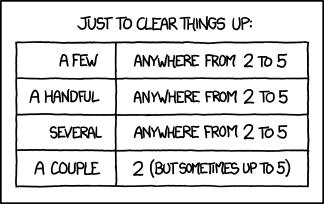From the Harvard Business School Working Knowledge newlsetter, here is how the executive summary of “Why Sweatshops Flourish”:
Everyone agrees it is wrong to buy things made with sweatshop labor. Yet many of us are willing to justify our decision when a product—a pair of jeans, for example—is something we really want.
Bolding is mine. No. Not everyone agrees it is wrong to buy things with sweatshop labor. In fact, most of the field of economics regards sweatshops as a good thing. The authors are clearly blind to this.
Next, participants responded to four statements, each of which draws on some of the common moral rationalizations used to justify sweatshop labor such as: “The use of sweatshop labor is OK because otherwise those workers would not have jobs”; “Without sweatshops, poorer countries couldn’t develop”;
These aren’t moral rationalizations. The first one is very factual. It is telling that they don’t bother to define what sweatshop labor is. The vast majority of what we consider “sweatshops” are not slave labor. They are mutually agreed upon contracts between extremely poor people and companies. Sweatshops offend us because we in America are incredibly prosperous. It blinds us to conditions in most of the world. The sad fact is that sweatshops prosper because the options for the employees are even worse. Their other options in life are even more hopeless and desperate. Moral outrage should be saved for the basic living conditions in these countries, not for the capitalistic engine that helps get them out.
And Harvard professors shouldn’t make such blatant ideological assumptions in academic research.
